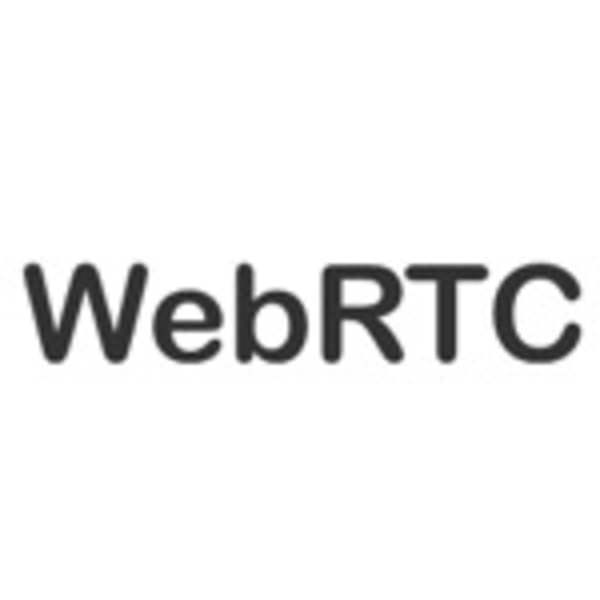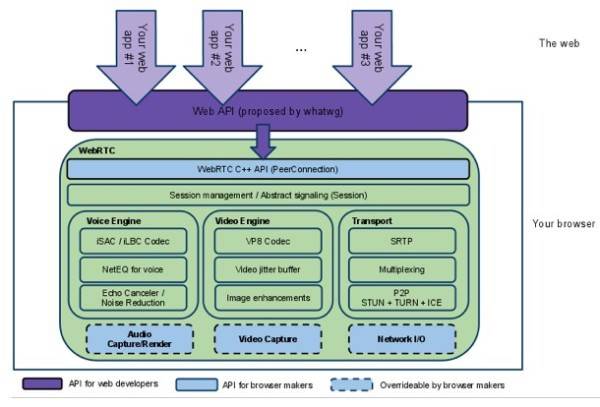Google is making a push to be the de facto leader in real-time communications on the Web. The search giant hopes that by developing a new open source Web standard for video and audio communications it can be on the forefront of the next generation of Internet networking.

Google is doing this through a program called WebRTC, a project that was spawned from the company’s acquisition of Global IP Positions (GIPS) in May 2010. Google is now ready to begin implementing WebRTC into its Chrome browser. It will augment its current video chat capabilities within Gmail and put a dent into real-time, unified communications aspirations of companies like Microsoft (Skype), Apple and Cisco.
Google’s attack with WebRTC is two-pronged and fits precisely into its vision for the Internet. Foremost, Google wants to help define the Web standards of the next generation. By doing that, Google can shape how the Internet fundamentally functions and make sure that its search and application products are primary destinations for users. It is about innovation, but it is also about business.
Secondly, and on a more practical basis, Google’s three biggest initiatives are in developing Web applications outside of the desktop (see Chrome OS), mobile functionality and the cloud. Those three are tightly intertwined in Google’s vision. WebRTC fits within all three of those by creating system where people can connect through video or audio anywhere on the Web, on any device, through the browser, in the cloud.

WebRTC makes this possible through Javascript APIs that are free and open source. Hence, not limited to Google. Mozilla and Opera have been invited to the initiative as well. The immediate goal is to collaborate with the open source community to create a universal set of Javascript APIs that enable real-time communication through the browser across the Web.
Google announced last week that WebRTC is about to land in Chromium, the code source for the Chrome browser.
“We are working hard to complete the remaining steps for a full integration in Chromium and Chrome including JavaScript APIs in WebKit and handling of the native audio and video capture and rendering,” Jan Linded wrote in a blog post at WebRTC.org. “When we are done, any web developer shall be able to create RTC applications, like the Google Talk client in Gmail, without using any plugins but only WebRTC components that runs in the sandbox.”










